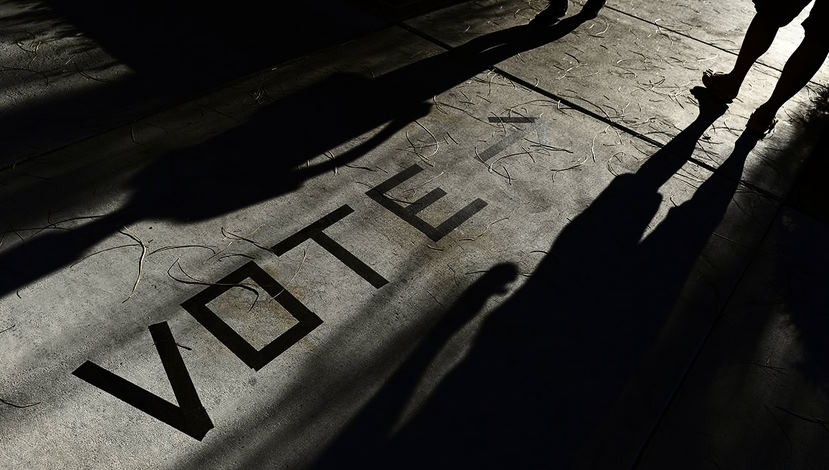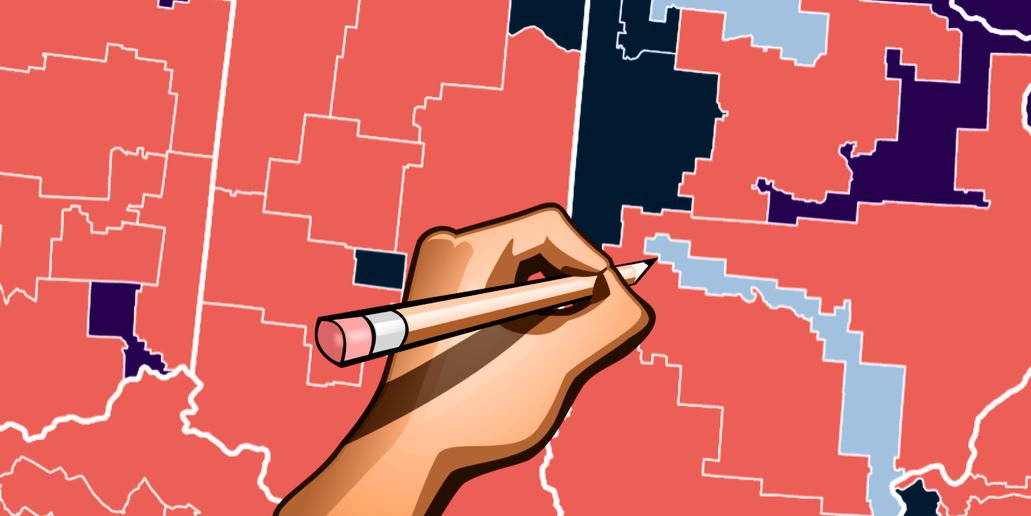The Role of Independent Redistricting Commissions in Political Reforms
The redrawing of electoral districts, or redistricting, has long been a contentious issue in politics, as it can greatly impact the outcome of elections and the representation of citizens. In Europe, where political reforms and democratic governance have been key priorities, the role of independent redistricting commissions has gained increasing attention. These commissions, composed of non-partisan or multi-partisan members, are tasked with ensuring fair and transparent redistricting processes that are free from partisan manipulation. This article will explore the role of independent redistricting commissions in political reforms in Europe. It will provide an overview of the background, advantages, case studies, challenges, and limitations of these commissions, shedding light on their potential to enhance democratic governance and promote equitable representation in electoral districts.

Advantages of Independent Redistricting Commissions
Independent redistricting commissions offer several advantages in the context of political reforms in Europe. These advantages include:
- Promotion of fair and transparent redistricting processes: Independent redistricting commissions are designed to operate in a non-partisan or multi-partisan manner, with members who are not affiliated with any political party. This helps ensure that redistricting processes are conducted fairly and transparently, without favoritism or bias towards any political group. The use of clear and objective criteria for redrawing electoral boundaries, such as population equality, geographical compactness, and respect for communities of interest, can be prioritized, resulting in more equitable and balanced electoral districts.
- Mitigation of gerrymandering and manipulation of electoral boundaries for political gain: Gerrymandering, the practice of drawing electoral boundaries to favor one political party over others, has been a persistent issue in many countries. Independent redistricting commissions can help mitigate gerrymandering by reducing the influence of political parties in the redistricting process. By operating independently from political interests, these commissions can help ensure that electoral boundaries are drawn based on fair and impartial criteria, rather than for the purpose of benefiting a particular political party or incumbent.
- Enhancement of representation and inclusivity in electoral districts: Independent redistricting commissions can contribute to the enhancement of representation and inclusivity in electoral districts. By considering factors such as population distribution, communities of interest, and minority representation, these commissions can help create electoral boundaries that are more reflective of the diverse needs and preferences of the electorate. This can lead to more inclusive and representative electoral districts that better reflect the will of the people.
- Protection of minority rights and promotion of democratic principles: Independent redistricting commissions can play a crucial role in protecting the rights of minority groups and promoting democratic principles such as fairness, equality, and transparency. By ensuring that all citizens have an equal opportunity to participate in the electoral process and that their votes carry equal weight, independent redistricting commissions can help safeguard minority rights and promote democratic ideals. This can result in a more inclusive and democratic political system where the voices of all citizens are heard and respected.
Challenges and Limitations of Independent Redistricting Commissions
While independent redistricting commissions offer several advantages, they also face challenges and limitations in their implementation. Some of the key challenges and limitations include:
- Political and legal obstacles in establishing independent redistricting commissions: The establishment of independent redistricting commissions may face political and legal challenges. Political parties or incumbents who benefit from the existing redistricting processes may resist efforts to create independent commissions, as it could potentially reduce their influence over the redrawing of electoral boundaries. Additionally, legal frameworks and constitutional provisions may need to be amended to allow for the creation and operation of independent redistricting commissions, which can be a complex and time-consuming process.
- Risks of partisan bias or lack of independence in commission members: While the purpose of independent redistricting commissions is to operate in a non-partisan or multi-partisan manner, there is a risk of partisan bias or lack of independence among commission members. Political appointments or affiliations of commission members could potentially compromise the fairness and impartiality of the redistricting process, leading to biased outcomes that favor certain political parties or incumbents. Ensuring the independence and impartiality of commission members through rigorous selection criteria and mechanisms for accountability is crucial to mitigate this risk.


